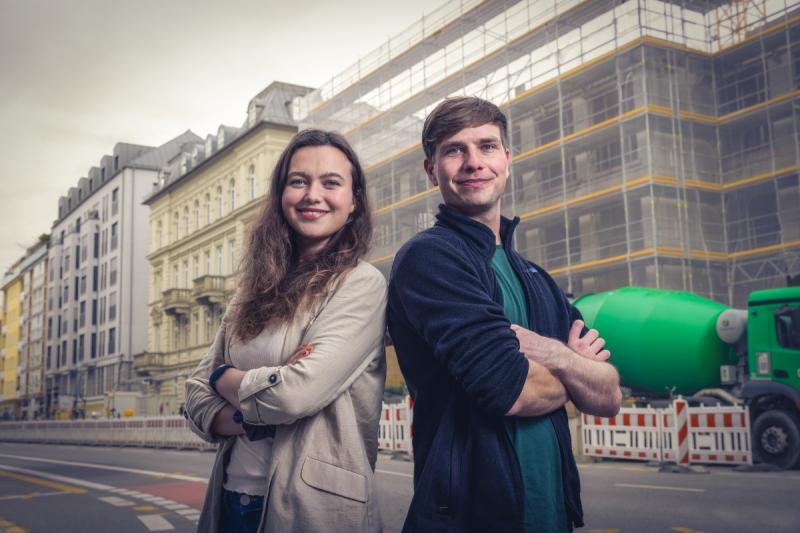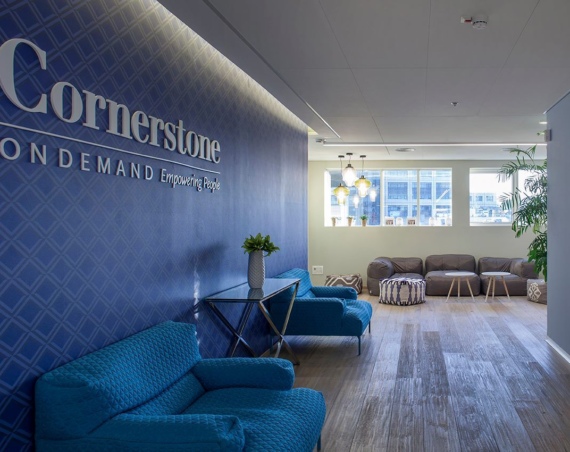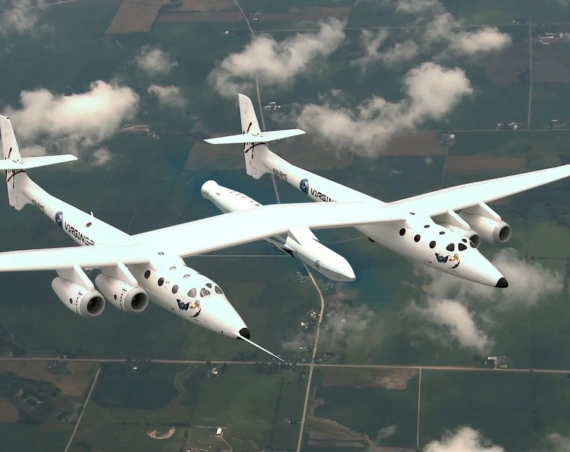DAVID CARTER has had an extensive history with tech startups. Prior to moving to LA in 2008, he ran two companies with successful exits (Vertical Technologies sold to Zebra in 1995, and Thoughtstar sold to iManage in 2000), was Entrepreneuer in Residence at a Salt Lake City venture fund, founded/ran a wireless company for five years, and has served as an investor, advisor or board member to nearly three dozen companies and funds, several of which he worked with as co-founder of LA-based incubator Amplify.
So it would make sense that David would go back to his entrepreneurial / engineering roots in founding ZUMA VENTURES with partner Alan Hurff in June 2014, which adopts a studio model in developing new services & products, and leverages his team to work either as full-time employees of certain projects, or hops from Zuma-owned entity to entity as their skills are needed.
Says Carter, “Zuma came about as a way for me to maximize the experience I’ve had, and also take advantage of current market conditions. I originally thought about starting a venture fund, friends said, ‘Don’t do it, you’re an entrepreneur and should be more involved.’ I had done well on the investment side, but based upon the advice I stepped back and found a model called a studio model, which builds companies leveraging a platform of services & technology from one company to the next — a model that I think is highly optimized for today’s current market.”
Also, “I’m not the kind of guy who just gives you the money and says let me know happens. I tend to be a lot more active.”
Carter is proud of his world-class team and the culture they bring to Zuma. And as for deciding which companies to build, “We don’t do 20-30 ideas to see what sticks. We do a lot of research upfront and a lot of testing. When we commit to something, we are planning to make something of it, we are committed to making it go.”
Zuma’s first business will be Flying Yak, which Carter describes as a “LinkedIn for nomadic travelers.”
Given the size of the millennial population, many of which view working remotely from locations around the world as a rite of passage, Carter sees the need for a portal in which community members can research locations — how to obtain visas, local conditions, cost of living, religion, night life, the best neighborhoods, fellow nomads who already live there, etc. — to help nomads / Yakers more easily live abroad.
The second product that Zuma is working on is a currently unnamed video security web service product that plays well into the internet of things, which involves a proactive computer vision technology that intelligently alerts/responds if it senses to suspicious or pre-programmed activities.
Already five years in development and co-founded with USC PhD students, Carter is excited about the future of this product, which Zuma is helping bring to the market in the coming months.
Carter notes it is the Los Angeles tech community’s uniqueness that drew and kept him here. What was originally going to be a six-month exploration of the town transitioned to becoming a full-time resident, deeply enmeshed in the area’s tech scene.
He says that when he first moved to Marina del Rey in 2010 to pursue a business opportunity, he went to a Startup Weekend and was “blown away by the people I met and what they created in a weekend,” He quickly made connections with key people that shaped his social foundation, including Paige Craig and Francisco Dao.
“I had an appetite to get active in the community, went to lots of events, made connections and through serendipity met with with Paul Bricault. Paul was thinking about creating an accelerator, as was I, but we felt it was better to do it together, and Paul was kind enough to include me as part of the founding team.”
Says Carter of his time at Amplify, “Amplify was a great journey, is an amazing organization that’s been very helpful to entrepreneurs, it was great to help me get integrated into LA’s tech ecosystem at a high level” and went on to praise partners Jeff Solomon, Oded Noy, Richard Wolpert (who serves as an advisor / sage to Zuma), and Paul Bricault on their work.
Carter goes on to explain that despite the twin nature of being best known as the entertainment capital of the world, he sees this notion as a long-term benefit, as LA’s tech ecosystem once again comes into its own.
“LA has always had this foundation to build the an incredible tech ecosystem, it just needed to reach critical mass to enable that. In some ways it [entertainment] has been a drag on our reputation because people automatically diffuse the efforts of the tech guys, but I look at it as a benefit.
“LA will never be Silicon Valley, we don’t want to be, we’re something different. We have something amazing going on here. Companies here have been able to build substantial equity rounds & valuations that rival anything in the bay area at the early stages, which will over time build a base.”
LA boasts an amazing group of engineering schools, including Cal Tech (which is closely aligned with JPL), UCLA (home of the world’s first email), USC, UC Irvine, and Harvey Mudd.
After a huge wave of aviation & defense business left the area a couple decades back, engineers gravitated north. Add to the huge wave of bubbles & peaks & breakaway startups that blossomed in Silicon Valley, and it’s easy to see how SF has been perched as the top of the tech space for some time.
Now, between a solid base of home-grown tech companies exploding, smart talent breaking away to form new ventures, larger companies building huge offices in LA, plus LA’s amazing weather and semi-affordable rents, it’s becoming easier (although still competitive) for LA-based companies to lure and retain great engineering talent.
Case in point, recent hire Director of Business Development Alexi Calvo, a Berkeley grad who previously worked at 500 Startups and Google, says she wishes she’d moved here sooner!
Says Carter, “The weather is compelling and culture is contagious and conducive to creative personalities. People work hard and are driven. [LA has its] own culture different from up north — we’ve definitely arrived and we are just getting started.”





